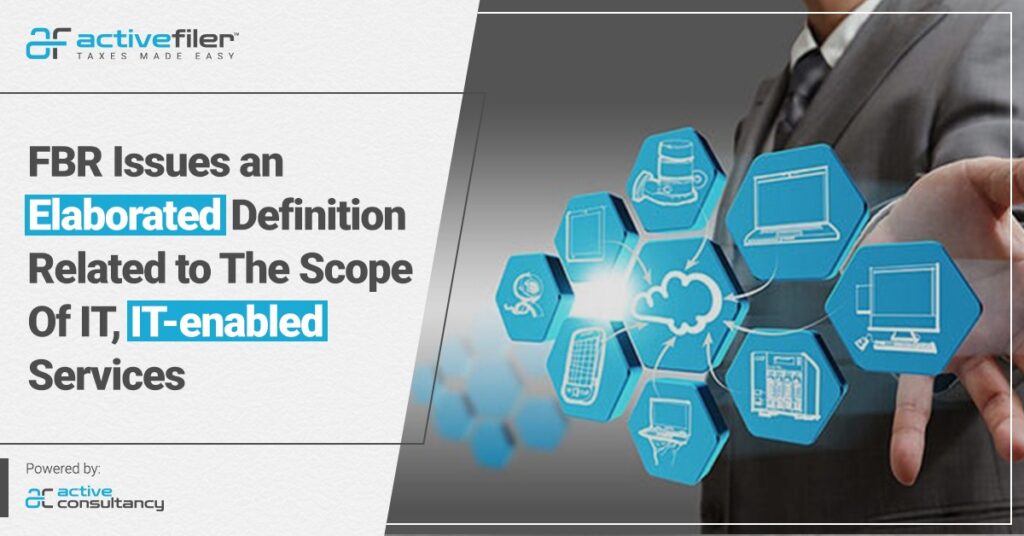Islamabad: The Federal Board of sales (FBR) has increased the scope of the definition of IT and IT-enabled services, raised the improvement tax fee from two to four percent for industrial importers, and reduced the turnover tax for Oil advertising and marketing businesses (OMCs) from zero. Seventy-five percent to 0.5 percent through modification within the Finance invoice, 2022.
In step with the remarks of a leading tax expert, Ashfaq Tola, on the amended Finance bill 2022, the IT services and IT-enabled services Clauses (30AD) and (30AE) outline IT offerings to encompass software program improvement, software upkeep, device integration, internet design, web improvement, internet hosting, and network design.
The amended invoice has now furnished that; the definition of IT and IT-enabled services shall not get restricted to the below-mentioned offerings. That indicates another like carrier shall additionally have deemed to have covered below the definition of IT and IT-enabled offerings.
Moreover, the IT-enabled offerings have gotten described to consist of inbound or outbound name facilities, scientific/medical transcription, remote tracking, graphic design, accounting services, human resource (HR) services, telemedicine facilities, data entry operations, cloud computing services, data storage services, regionally produced tv applications and coverage/insurance claims processing.
Section 148 provides for the deduction of taxes at different charges on specially targeted products. Furthermore, section 148 additionally affords that taxes that are required to get deducted with the aid of business undertakings at the costs of one percent and two percent will be adjustable. Under the proposed bill, the tax to be collected by an industrial project under phase 148 can get adjusted. Regardless of the rate at which it is required to be collected.
The bill additionally proposed that the tax required to have accumulated on the import of the following items can get handled as minimal tax such as suitable for eating oil, packaging fabric, paper and paper board, or plastics.
The invoice also proposed to grow the advance tax price from 2 percent to 4 percent for commercial importers. The invoice also propounded that tax deducted at import levels in case of importers other than business undertaking shall be the last tax as opposed to the minimum tax. The amended bill has withdrawn the proposed change concerning the final tax and made it a minimum tax again.
The deduction of expenses from a taxpayer’s business bank account is not permitted under section 21(l) of ITO if they get paid by means other than cross-deposited banking instruments. According to the bill, several provisions have been amended, including a clause (la) mandating that payments of business expenses by companies to the Commissioner get made through digital means from the business bank account of the taxpayer.
The above restrictions still apply to all other exceptions. There are some exceptions to this rule, including expenditure under a single account head in total not exceeding Rs1,000,000 a year; expenses on account of utility bills; freight charges; travel fairs; postage; and taxes, duties, fees, fines, or any other legal obligation to pay.
A single account head has been reduced from Rs. 1 million to Rs. 250,000 in the amended bill. Also excluded from these provisions are expenditures not exceeding Rs. 25,000.
The provision of clause (9A) stipulates the amount of capital gains tax that is payable on the sale of immovable property. Shall be reduced by 50 percent on the first sale (75 percent after 3 years); if the property is acquired by ex-servicemen and serving personnel of the Armed Forces or former federal and provincial government employees or employees of the government. Herefore, being original allottees of the property, duly certified by the allotment authority.
It gets proposed to remove the exemptions. Nevertheless, Tola emphasized, that the amended bill reinstated the exemption.




